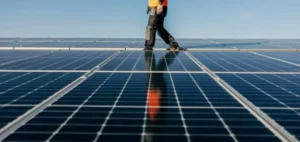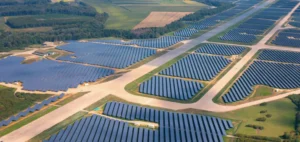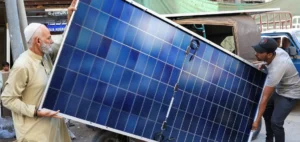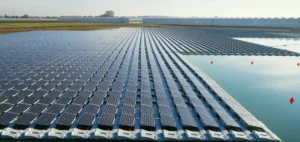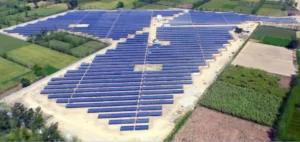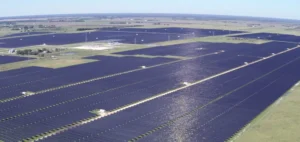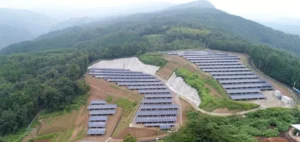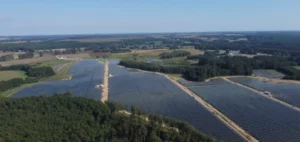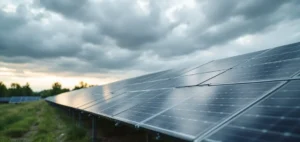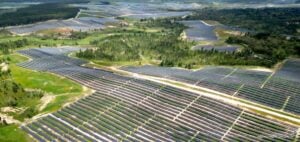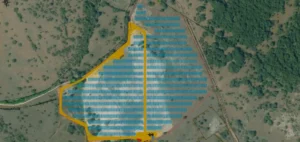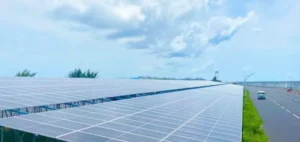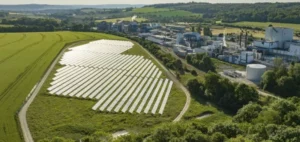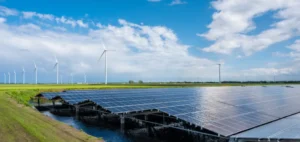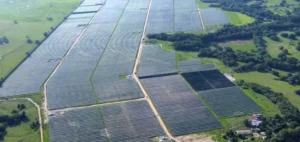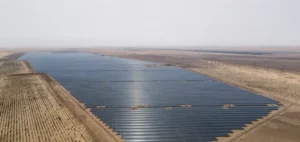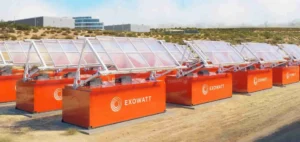The Prime Minister of the Federal Democratic Republic of Ethiopia, Abiy Ahmed Ali, visited TOYO Co., Ltd.’s solar cell manufacturing plant in Phu Tho Province, northern Vietnam, on April 15. The visit, attended by a ministerial delegation from Ethiopia and the province’s Vice Governor Nguyen Manh Son, aimed to reinforce strategic collaboration between the Ethiopian government and the Japanese industrial group in the renewable energy sector.
TOYO, a subsidiary of the Japanese conglomerate Abalance Group, specialises in high-performance solar cell production at industrial scale. During the tour, the Ethiopian head of government reviewed the automated photovoltaic cell production line and acknowledged the group’s innovation capacity, highlighting its relevance to Ethiopia’s energy transition objectives.
Objective: Doubling production capacity in Ethiopia
TOYO is set to complete the expansion of its Ethiopian plant in Hawassa by July, increasing its annual production capacity from 2 to 4 gigawatts. This extension is designed to meet rising global demand for solar modules while aligning with Ethiopia’s national strategy for sustainable energy development. Production at the expanded facility is scheduled to begin in August 2025.
Abiy Ahmed Ali used the visit to invite Abalance Group to broaden its involvement in Ethiopia’s energy sector, particularly by taking part in the development of photovoltaic power stations. This initiative falls within a broader framework of bilateral cooperation aimed at accelerating electrification through low-carbon technologies and reinforcing TOYO’s industrial presence in East Africa.
A structuring industrial partnership for TOYO
According to TOYO’s Chairman and Chief Executive Officer, Junsei Ryu, the partnership with Ethiopia will strengthen the group’s global industrial capabilities, especially in supply chain integration and technology transfer. The project also benefits from local government support, enhancing prospects for regional industrial integration.
Through this agreement, TOYO aims to become a key player in photovoltaic production on the African continent, based on an industrial base located within the East African corridor. The Hawassa facility is expected to play a strategic role in supplying emerging markets with high energy demand, while maintaining industrial competitiveness.



